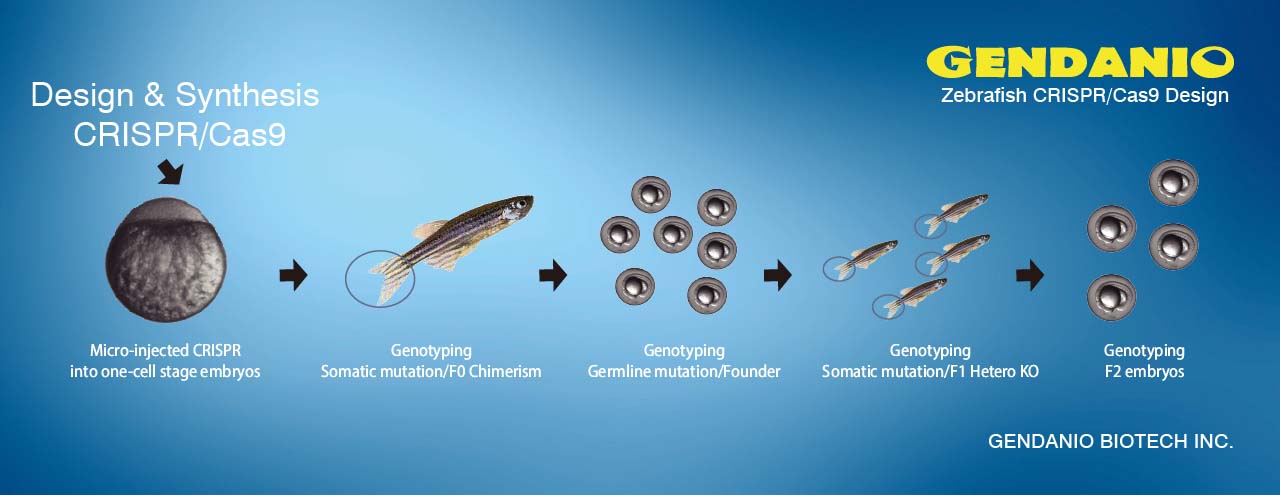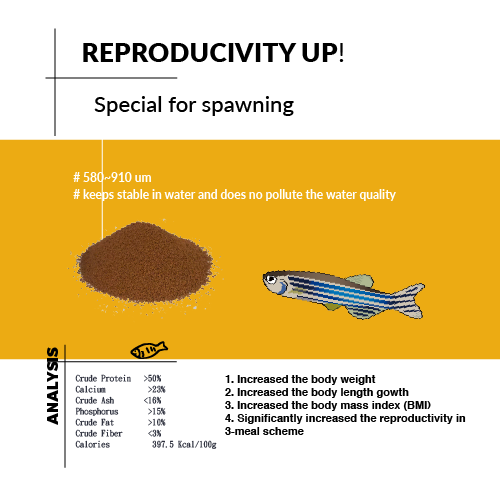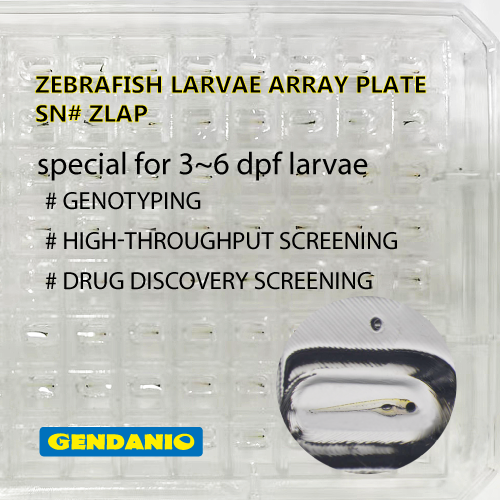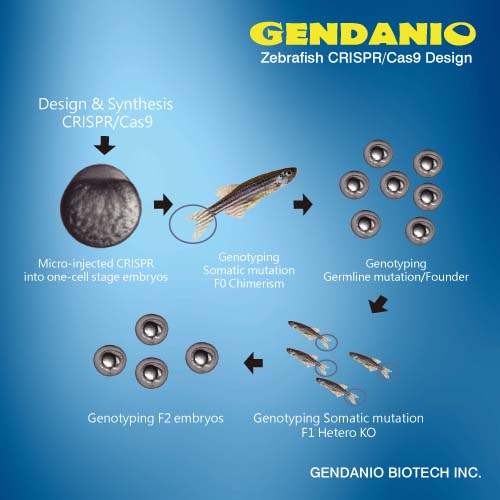As more people survive heart attacks, many of us are forced to live with the debilitating effects of heart failure. Now researchers hope to find a way to mend a broken heart
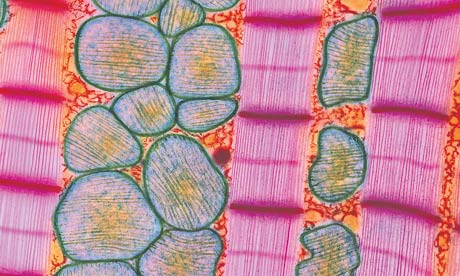
Each year about 63,000 people in the UK are diagnosed with heart failure – the inability of the heart to pump enough blood to meet the needs of the body. The numbers have increased dramatically in the 50 years since the British Heart Foundation (BHF) was founded. In 1961 there were 110,000 people living with the condition in the UK; today there are about 750,000, and even higher numbers are expected in future.
The increase in heart failure is largely due to more Britons surviving heart attacks and living longer. About 340 people a day have a myocardial infarction (heart attack). As a result, part of their heart muscle is damaged or dies because the blood oxygen and nutrients it needs are cut off.
The damaged heart is unable to beat as powerfully as before, resulting in the debilitating symptoms of heart failure, such as shortness of breath, palpitations, swelling of the feet or ankles, constant tiredness and feeling weak, anxiety and depression. Surgery and drugs can help control these symptoms, but heart failure is still a serious and growing problem that carries with it the risk of sudden death. While the past 50 years have seen a lot of improvement in the lives of patients, at the moment the only cure for severe heart failure is a heart transplant.
Soon after it was launched, the BHF funded early heart transplant research, and part-funded the UK's first heart transplant. It went on to fund research into overcoming transplant rejection, a problem that halted transplants until the late 1970s.
In 1976, BHF Professor Michael Davies demonstrated that blood clots cause heart attacks. This understanding of the role of blood clots led to research into how and why they formed and how narrowed and hardened arteries, caused by deposits of cholesterol, contribute to heart attacks.
Although BHF research has contributed to knowledge about how to prevent heart attacks, they still occur and so the search for a cure for heart failure continues.
BHF-funded research has already made progress. At University College, London, researchers led by Professor Paul Riley have managed to transform cells from the outer layer of the heart into heart muscle cells in mice. These cells have migrated into the centre of the heart to integrate with healthy muscle cells.
The ability to change into a different type of cell was achieved by reactivating the cells with a chemical called thymosin beta 4. "In future patients at risk of a heart attack, because of family history or warning signs spotted by their GP, could take a tablet that would prime their heart so that if they had a heart attack the damage could be repaired," says Riley.
BHF's associate medical director, Professor Jeremy Pearson says of Riley's findings: "These results strengthen the evidence that in the future there may be a drug, or cocktail of drugs, that could be given to people whose hearts have been damaged by a heart attack, to prevent the onset of heart failure. This is why we have launched the Mending Broken Hearts Appeal to raise money for research to turn this vision into reality for heart patients as quickly as possible."
Other BHF-assisted research has turned cells from umbilical cord blood into ones that look like heart muscle cells in the lab. Growing heart muscle cells is an important step towards mending heart damage, and cells like these could in future be used for heart repair.
How the zebrafish can help
Mending Broken Hearts is the most ambitious fundraising appeal in the British Heart Foundation's 50 year history. The goal is simple: to fund the research that could begin to "mend broken hearts" in as little as 10 years' time. Find out why the zebrafish is a symbol of hope to thousands of patients who have suffered a heart attack and live with debilitating heart failure.
Dive into the world of the zebrafish
Create your own fish and show your support for the British Heart Foundation's Mending Broken Hearts Appeal at hopetank.org.uk
Source: guardian








